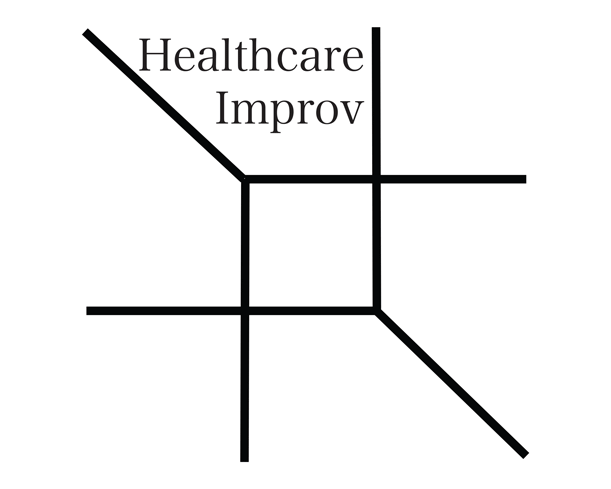Weekends
Hello hello! The journey continues today. More of the same activities today. Being a doctor followed by watching youth soccer. Originally scheduled for 3 games today, but we things were canceled, so now only one game. I don’t mind being outside watching the my kids play sports with their friends, but it is a lot of driving around.
I coach the older two sons’ soccer teams and I was discussing with the hospital team today that coaching youth sports has made me a better physician teacher. The act of breaking down a complex task, like any sport or becoming a physician, into the core components is essential to becoming a good teacher of that task. Deconstructing the important skills in a game and deconstructing further into what is necessary to build the skills the correct way is enjoyable to me. In my role as an academic hospitalist, that is what I do daily. In almost every first improv workshop, I bring up the idea of Deliberate Practice. Here are the core ideas of Deliberate Practice from the book Peak by Anders Ericssson.
Deliberate Practice
1. Occurs in a field that is reasonably well developed. A field in which the best performers have attained a level of performance that clearly sets them apart from people who are just entering the field
2. A teacher who can provide practice activities designed to help a student improve his or her performance
Deliberate practice has the following characteristics
· Develops skills that other people have already figured out how to do and for which effective training techniques have been established
· Takes place outside of one’s comfort zone and requires a student to constantly try things that are just beyond his or her current abilities. Thus it demands near-maximal effort, which is generally not enjoyable
· Involves well defined, specific goals and often involves improving some aspect of the target performance. It is not aimed at some vague overall improvement. Once an overall goal has been set, a teacher or coach will develop a plan for making a series of small changes that will add up to the desired larger change
· Is deliberate, that is, it requires a person’s full attention and conscious actions. It isn’t enough to simply follow a teacher’s or coach’s directions. The student must concentrate on the specific goal for his or her practice activity so that adjustments can be made to control practice
· Involves feedback and modification of efforts in response to that feedback. With time and experience students must learn to monitor themselves, spot mistakes, and adjust accordingly.
· Both produces and depends on effective mental representations. Mental representations make it possible to monitor how one is doing, both in practice and in actual performance
· Nearly always involves building or modifying previously acquired skills by focusing on particular aspects of those skills and working to improve them specifically; over time this step-by-step improvement will eventually lead to expert performance
When I coach kids sports, I am practicing setting up the conditions for deliberate practice for the kids, which is what I do as an academic hospitalist and when I am arranging the workshops the use improv to help improve patient care. Through coaching kids’ sports, I have also come to understand that some activity may help with a skill, but the kids may not be into it. What matters most is their development and not my ego, so I need to find a new way to practice the skill. This comes up frequently when designing improv workshops. Most improv exercises are fun, but I must assess how the exercise prompted discussion and how those discussions fit into the main theme of the workshop.
All of this is to say, I spend a lot of my free time going to my children’s sporting events and I think it is a good use of time. Deliberate practice informs how I approach becoming a better improvisor, my job as a physician, and coaching my kids and their friends. Have a great weekend everybody

